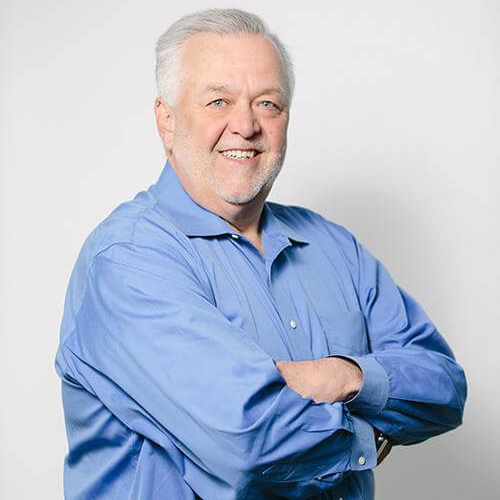In today’s world of people living and working longer, the old vision of retiring and sitting on the front porch with a glass of lemonade just doesn’t cut it. Some people may continue to work because they have to, but for others it is often because they really don’t know what else they’d do with their free time.
There isn’t any law against working forever, but someday you may look back at life and wished that you had carved out some time for a few things that you ultimately figured out are more precious and deserving of your attention. It could be visits to see old friends, more time with the grandchildren or leisure travel to go where you want, anytime you want. The time to think about how you would like to spend your 168 hours per week is as soon as you are ready to listen to the music, and follow your gut.
If you have a spouse or life partner, start this discussion by role playing. Ask each other what you’d do with your 168 hours if money was no object. If you could afford anything you wanted, would you still clock in every day? What would be different? How would you spend your time and what things are truly most important to you? This type of thinking isn’t intended to design a 24/7 Mardi Gras, but to help you figure out what is most important to you.
To get your thinking back to reality, now ask yourself what you’d do with your time if yesterday your doctor gave you a diagnosis that suggests your time is limited to only a few years. At this stage, you will begin to ask yourself questions such as; am I working and making more money because you have to, because you like to, or because you don’t know what else to do?
This process isn’t dreaming, we call it life planning. Too often one’s life plan is dictated by what their financial plan mandates. The happiest people do the opposite. They create a life plan and then apply the specialized knowledge needed to be sure that your financial situation can support your vision for an ideal life.
Yes, your list may include desires that are financially out of reach at the moment. At that point, you may need to take pencil to paper or hire an advisor to figure out what it will take to help put you in that situation. It may include revising spending or saving habits in order to get to point B. But isn’t it better to know what you have to do to get to what is most important to you than just cruising through life without a plan or vision for your future?
Making decisions – to retire, to fund a home for your children, to sell a business are all big ones. It is always smart to make these decisions on the highest and best use of your money – but there are times when your time is worth more than money.
John P. Napolitano CFP®, CPA is Founder and Chairman of Napier Financial in Braintree, MA. Visit John P Napolitano on LinkedIn. The opinions voiced in this material are for general information only and are not intended to provide specific advice or recommendations for any individual.

